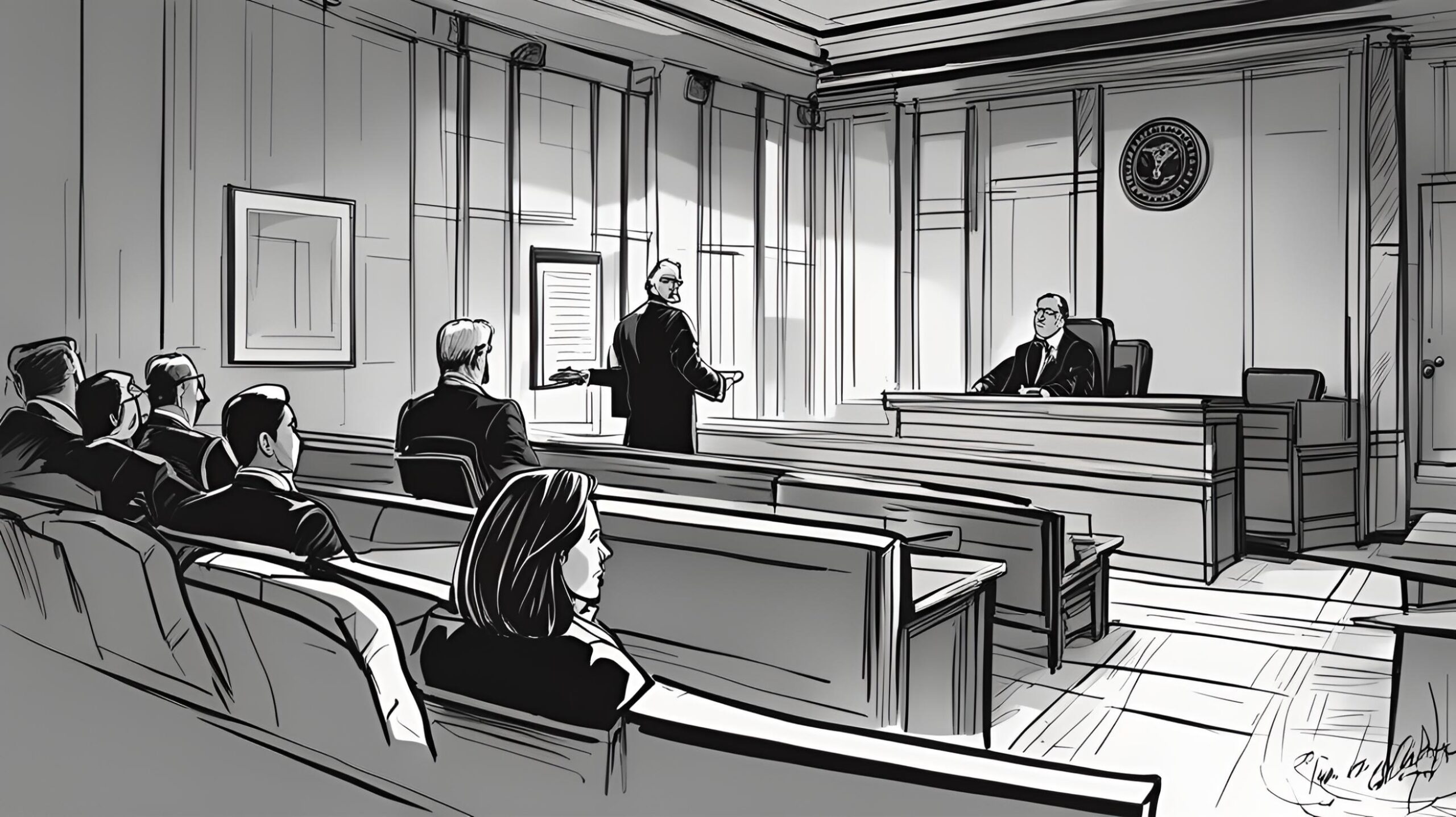Flashback to December 14
American History

In 1987, an event that didn’t just shake the automobile industry but also shattered consumer trust occurred. On December 14, Chrysler, an esteemed American auto manufacturer, pleaded no contest to the charges of selling driven vehicles as new. This incident, which seemed almost unbelievable to consumers and stakeholders at the time, raised numerous questions about ethical business conduct, consumer protection, and industry regulations.
Chrysler Corporation, with its rich legacy in auto manufacturing, was already a universally recognized brand in 1987. However, this infamous incident tarnished its reputation significantly. The company found itself in the midst of a damaging controversy when it admitted to the accusation of selling cars that had already been driven, albeit only for a few hundred miles, as brand new.
The incident started unraveling when customers started noticing discrepancies in their brand-new vehicles’ odometer readings. Investigations were conducted and Chrysler pleaded no contest to the charges laid against them. Regrettably, the confidence and trust that consumers had in Chrysler witnessed a severe jolt. This episode highlighted the critical need to maintain transparency between manufacturers and consumers, demonstrating that any lapse could lead to cataclysmic repercussions for a business, particularly one as esteemed as Chrysler.
Optimizing your business practices for transparency and ethical conduct doesn’t just comply with law and order, but also builds a solid foundation of relationship with the consumer base. This incident served as a stark reminder to all in the auto industry. It showcased how significant the implications could be when one doesn’t comply with business best practices. Avoiding similar incidents requires businesses to put consumers’ needs at the forefront and ensure regulations and procedures are upheld.
One thing to remember about the automobile industry is that reputation and consumer trust go hand-in-hand. Selling quality products and providing the best services should be the foundation of any vehicle manufacturing enterprise. With the technologically advanced and connected world we live in, businesses should constantly remind themselves that ethics and integrity are the keystones to achieving success and maintaining consumer trust.
In retrospect, this incident served as a critical learning point for both the automotive industry and consumers. From a consumer’s perspective, it emphasized the need for vigilance and the importance of understanding what they are investing their money in. Moreover, it stressed the need for stringent laws that protect consumers from being misled in their purchases.
On the automotive industry’s front, it highlighted the significance of ethical and transparent business practices. It strongly underlined that short-term gains achieved by misleading consumers do not provide a sustainable business model. Instead, upholding honesty and working relentlessly to provide the best product and service quality is the most reliable strategy.
The Chrysler incident predominantly illustrates that incidents linked to dubious business practices can severely damage a company’s reputation. Almost 35 years later, this event is still recalled as a pivotal moment in consumer protection history. While automotive technology has advanced exponentially since then, this episode serves as a timeless reminder of the importance of maintaining ethical standards and transparency in all business endeavors.
We strive for accuracy. If you see something that doesn't look right, click here to contact us!
Sponsored Content

Chrysler pleads no contest…
"Chrysler's ethical debacle on…

Dartmouth College is chartered…
On December 14, 1769,…

Apollo 17 mission leaves…
The historic event of…

American Academy of Political…
The renowned American Academy…

